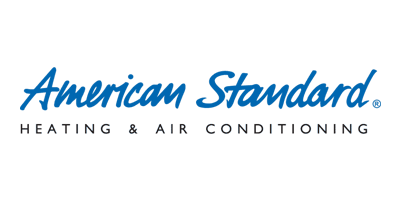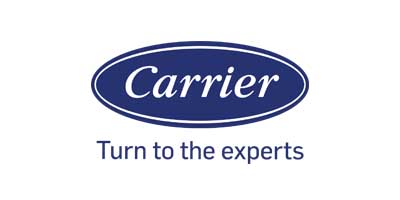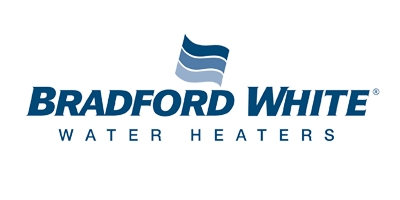FAQ's
What is HVAC?
HVAC is short for Heating, Ventilation and Air Conditioning. HVAC is most oftenused to depictthe whole heating and cooling system consisting of the duct work, air filters, humidification controls, and registers.
What regular maintenance do heating and air conditioning systems need?
The most important part of HVAC maintenance aspect is maintaining unrestricted air flows. Dust, dirt, and debris are an HVAC system’s worst enemies. Whether it’s an indoor or outdoor unit, you must keep all filters clean and heat exchangers and coils free of restrictions.
We recommend that your heating and cooling system be checked and serviced twice a year; ideally a spring and autumn tune-up. Also we recommend that you change your filter regularly, depending on the type of filter you have. This alone can eliminate many of the most common problems that need fixing and can significantly reduce the likelihood of a serious breakdown.
How do I know if I have an existing warranty on my furnace, air conditioner or HVAC system?
Locate the label on the outer surface of the equipment for a manufacture date. If the equipment is less than five years old it may have a warranty, but also may not based on the model. Warranty terms and conditions change by manufacturer and the installing company. All Climate Heating and Cooling can verify the warranty status of your heating and cooling system via Get Warranty form.
Why do I need to change my filter regularly?
Regular filter replacement helps your heating and cooling system operate at peak levels and improves indoor air quality. It is important to change filters regularly to ensure proper air flow and to keep your home free from dust, allergens and germs. Depending on the type of filter you have, you may require weekly or monthly filter replacements. Your All Climate Heating and Cooling Experts service or installation technician will recommend the ideal filters and replacement schedules for your unit(s).
At what temperature should I set my thermostat?
How do I know if my A/C unit is big enough?
How can I increase the efficiency and life of my home’s heating and cooling systems?
- Clean and replace your filters frequently.
- Your system will heat and cool more evenly when the blower is in the “on” position. The blower provides constant air movement throughout the home, and allows for better filtration.
- Install shades, drapes, shutters, or screens on windows that are exposed to extreme sunlight to keep room temperatures at moderate levels.
How can I eliminate indoor odors?
You may have tried to cover up indoor odors by spraying air fresheners or lighting candles. Unfortunately, these tactics only mask the odors, they don’t get rid of them. These remedies may in fact negatively affect indoor air quality from chemicals that cause allergic reactions or eye irritation for homeowners.
Bacteria, dust mites, animal dander, cat saliva and mold may also be roots of your home’s odor problem. One method to purify the air is integrating germicidal (UV) lights in your home, which helps kill odors and inhibit the growth of biological contaminants, sterilizing surfaces in the HVAC system. They also purify the air, preventing the growth of contaminants. The UV lights are installed to work with your home comfort system.
Sometimes poor ventilation contributes to unpleasant odors. Moisture condensation on walls windows and stagnate air are signs of poor ventilation. A qualified Service Experts technician can inspect your home comfort system to determine if this is an issue that should be addressed. The technician can also inform you how to solve the ventilation system’s ability to correctly circulate and ventilate indoor air.
How do I know which indoor air quality product is right for me?
Every person and every home entails a different comfort need. The threshold of irritancy and triggers that affect people’s health and comfort combine to determine the proper solutions. High threshold levels may require simple solutions like a better air filter. Low threshold levels may require an air purification system for the reduction of triggers and irritants. With a Home Health Report Card, Service Experts can help you decide which indoor air improvement products are right for you.
How healthy is my indoor air?
At what temperature should I set my thermostat?
Temperature settings depend on the time of year and your personal preferences. In the summer, the average temperature setting is 75°-80°. In the winter 68°-72° is the norm. Remember, when leaving your house; try to avoid drastic temperature changes. Do not set your temperature back more than 5°; this will cause your unit to work harder to achieve the desired temperature setting.





